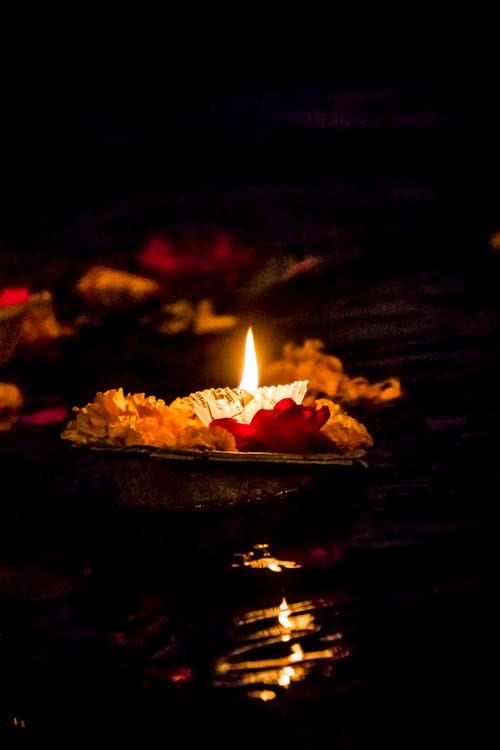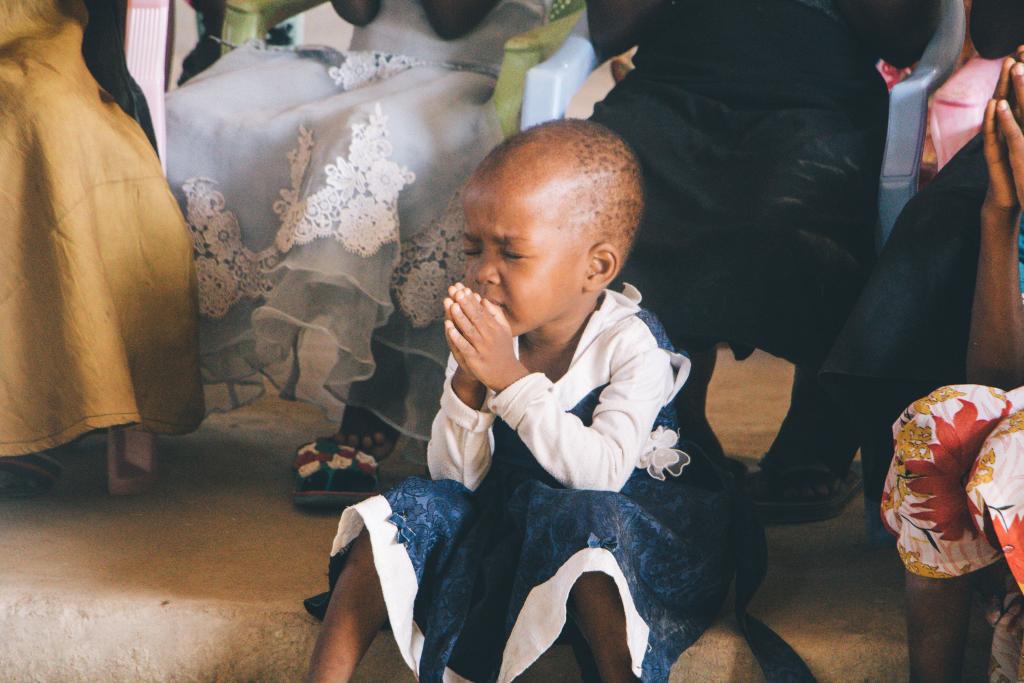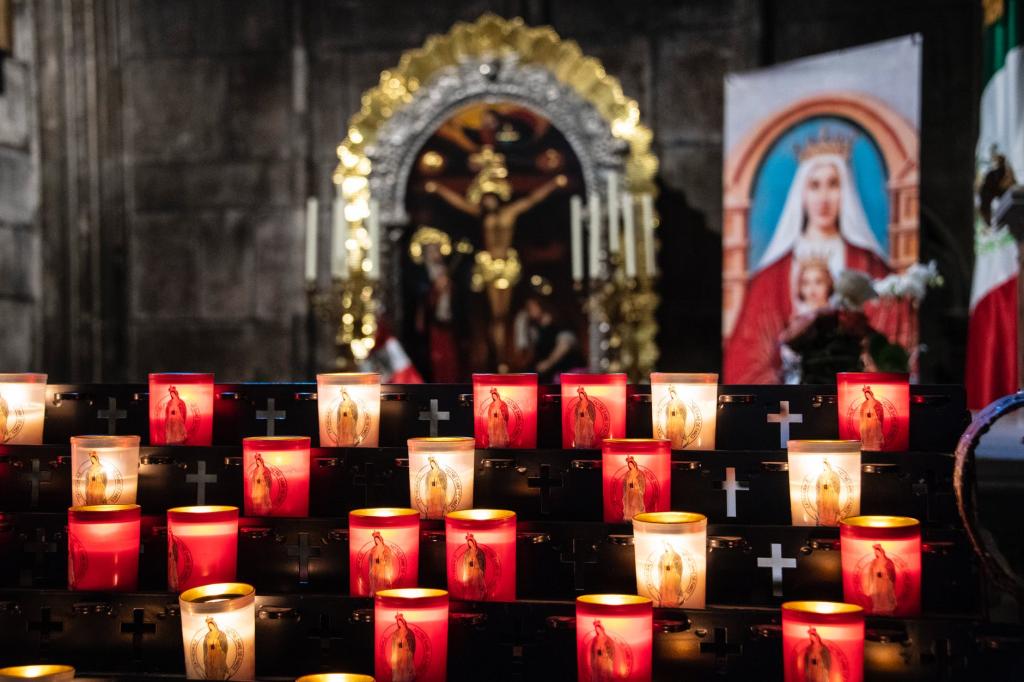Welcome to Strange Enchantments.
Our brief moments together tonight are devoted to the spells we weave with the truths we tell.
Each of us tonight has lived our lives on the margins in one way or another. Our stories make the proper people surrounding us uncomfortable. So they’ve taught us to keep those stories silent, hidden deep inside, and we’ve learned those lessons well. We must not make others uncomfortable.
Tonight, I’m finished with those lessons. Tonight I welcome the discomfort. These are our Enchantments, strange and magical and deeply, incongruently true. Tonight we share our words, our strangeness and queerness and how deeply other we are. And in so sharing, a world of fantasy and fae folk erupts.
Welcome, strangers. ~ Marie Kopp, curator
Last night I read my poem “The Graveyard of Snails” at Strange Enchantments: A Night of Poetry and Spoken Word.
My dear friend Sara Tang invented Strange Enchantments as a community art exhibition at Black Forge Coffee House in Pittsburgh, and decided to have a poetry reading to kick it all off. She invited Rebecca Bratten Weiss and me to help her curate the poetry portion.
As we prepared for the event, I wrote this reflection, but I didn’t end up reading it. Instead I’ve decided to share it with you all here, and I hope it can bring you a waft of the coffee aroma and spell work that wrapped us round last night.
I began reading Flowers in the Attic by V.C. Andrew’s recently.
In it is a list of twenty some rules, things the grandmother positively forbids the children to do. It struck me, because as hyperbolic as it seemed, it reflected back so much of my own childhood. Especially the parts limiting their sounds, voices, volume. But even more so her rules about bodies. That the boys and girls of the story couldn’t share a bathroom, or see each other in pajamas, or even look at each other unless absolutely necessary. Even though they were siblings.
The protagonist begins to feel awkward and ashamed of her body as she never was before. And she sees her brother and his body in a different way. Sexuality is forced onto them before they are ready, and it is accompanied by such a deep draught of shame, complete with fire and brimstone and hell.
I spoke with my trauma therapist about this myself just the other night, my own deep convictions about the dirtiness, the shame I still bear toward my body, how it was flung at me in childhood and colored how I saw myself, how I saw others. Things that could have, should have been innocent I did not and do not see that way.
Perhaps this was the fruit in the garden, not that Adam and Eve saw each other and knew they were naked. They knew that already. The tree did not offer the knowledge of good and evil. No, the tree taught innocence to fear good as evil.
My childhood was defined by couldn’t.
Shouldn’t. Mustn’t. Can’t. Things I couldn’t see…well, watch. Things I mustn’t read. Things I couldn’t look at. Words I mustn’t say, things I shouldn’t touch, certainly not myself, not others. Kissing was for wedding days, beforehand made you a slut.
My life was wrapped around with couldn’ts and shouldn’ts and don’ts. They were cords that constricted. And the biggest don’t was speak. My stories, my feelings. My truths, so often met with “you can’t say that!”
At 16, in the midst of trauma and turmoil, someone asked me what she could do to help, I fiercely told her to poison my father’s coffee. She was horrified, hissed that I couldn’t say that. But I could. I just had.`
At 10, I told my best friend’s mother that when I grew up I wanted to write romance novels for young girls like myself. She was horrified. See, I was always horrifying someone. I meant things like Little Women. I guess she thought I meant Twilight.
Funny now, to think I was once a romantic.
I loved love stories, the kiss, all of it. Now I tell people I’m a 94-year-old crone. And the catholic internet will tell you I’m a witch. Well, so be it. Witches weave truths and make people uncomfortable, so perhaps they are right. I’m a witch.
I think now how happy I am that I’ve left behind those people who couldn’t, shouldn’t, mustn’t, don’ted at me. Now I see what I please. I feel what I feel. I touch what I touch.
I tell what is true.
Yet today, people like me—people who attended Strange Enchantments—our stories are still squelched in this culture that reviles so much truth.
So much of my truth, so much of your truth. Our truths that ring with fire and passion. That ache, the cords that constrict us loosening as we spew the deep loves and hates, the tenderness and bitterness we feel. And it makes them uncomfortable.
The truths about the little ones with giant, courageous souls at the border. The women dying daily at the hands of the men they serve. The queer folk beaten in their catholic college dorms. Our country tells us it is fake news.
I am reminded daily now of Reading Lolita in Tehran, the memoir of an English professor woman who was forced from her job, back into her home. But her truth persisted. She welcomed into her home her favorite students and they did the powerful, lifesaving work of reading stories. Of discussing them, finding realness and passion and truthtelling in them. Being made uncomfortable and more than comfortable with the words scrawled across pages.
As we planned this evening of words, Sara shared a quote with Rebecca and me from Neil Gaiman:
“My cousin Helen, who is in her 90s now, was in the Warsaw ghetto during World War II. She and a bunch of the girls in the ghetto had to do sewing each day. And if you were found with a book, it was an automatic death penalty. She had gotten hold of a copy of Gone With the Wind, and she would take three or four hours out of her sleeping time each night to read. And then, during the hour or so when they were sewing the next day, she would tell them all the story. These girls were risking certain death for a story. And when she told me that story herself, it actually made what I do feel more important. Because giving people stories is not a luxury. It’s actually one of the things that you live and die for.”
So you see, our stories are not luxuries, to be taken or denied us. They are life, they are goodness. We cannot live without them.
Please, strange ones. Keep telling yours.
Image Credit: Sara Tang.













